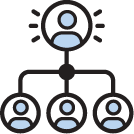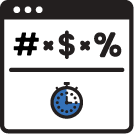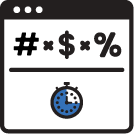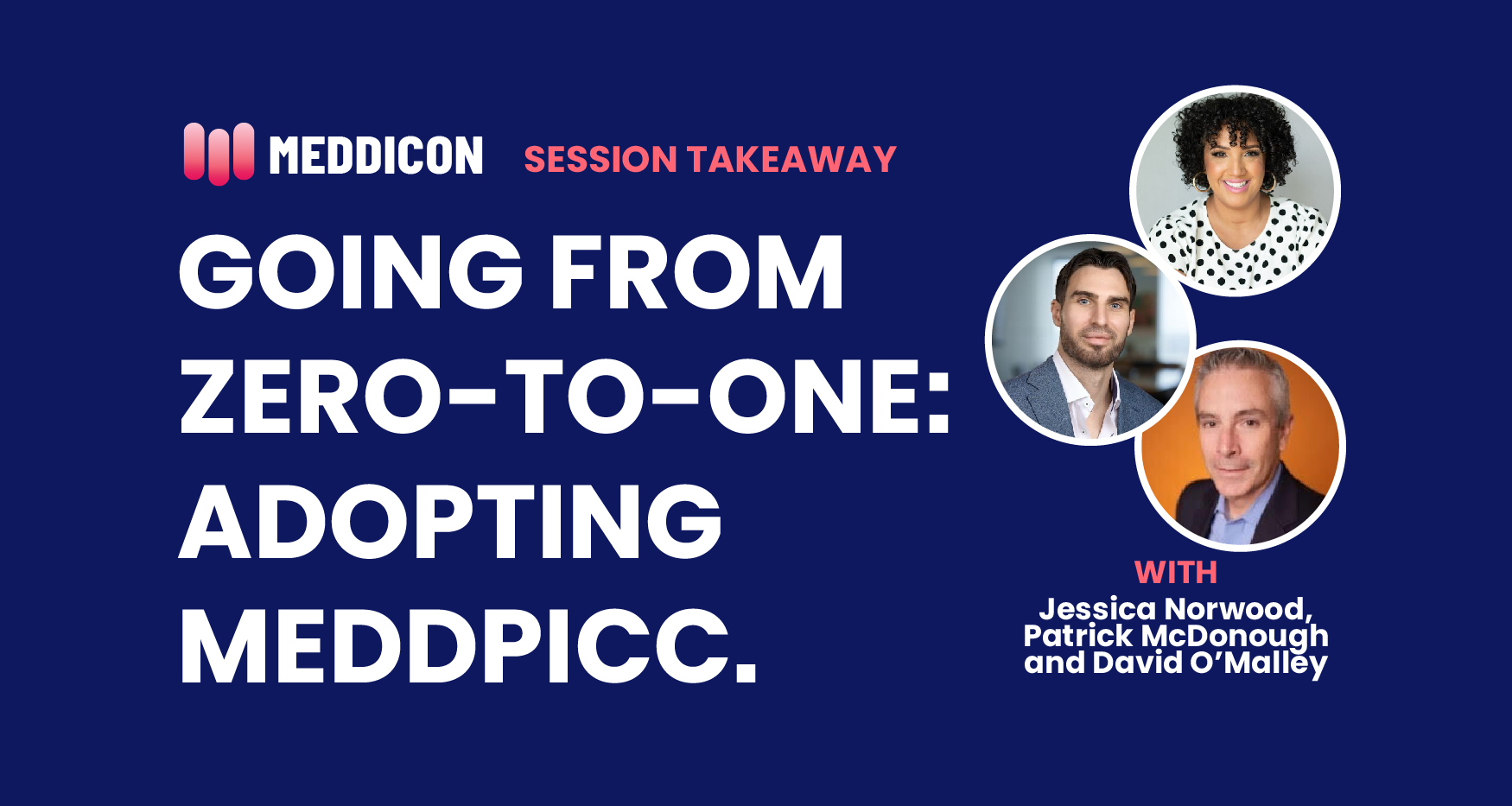When you look at any successful individual, like a sportsperson, they always have a team of people supporting them to reach the heights of success that they do. Think Michael Jordan, or Lionel Messi - talented individuals, but the support they received in their careers made them the icons they are today. In the world of sales, that’s why sales enablement is crucial. It’s sales enablement’s role to make sure the organization’s sales and GTM team are in the best position to succeed, however that may look like.
Nowadays, sales enablement is essential - teams with it have an undeniable edge; they tend to have an average 49% win rate in comparison to the average 42.5% without. MEDDICC CRO Pim Roelofsen hosted a panel to dive into all things sales enablement, joined by sales enablement leaders Malvina El-Sayegh, George Campbell, and Dan Stratton.
Malvina, George, and Dan each took different routes to sales enablement, and they were able to provide distinct insights into the variety of enablement-related topics discussed. This article will share some key takeaways from the panel, but if you want to check out the full discussion, you can watch it here: Sales Enablement is a Team Game.
What’s one thing our panelists wish they knew when starting out?
-
Not every sales leader is going to see the value in investing time in professional development. Many top sales leaders do, but it’s important to measure and communicate the impact of enablement and its corresponding ROI.
-
What enablement means for one organization is not the same as it will mean for another.
-
It’s very easy for enablement to become the closet of broken things, where everything that doesn’t work gets shoved into. Make efforts to prevent that from happening!
-
Don’t underestimate the importance of having good relationships with the leaders across your organization - they are the key to proper enablement adoption.
Does enablement have to come from sales? Should it?
Enablement should be fueled by the learnings that come from talking with your team. It doesn’t have to come from sales, but rather from talking with your sales teams to give them the tools to be better sellers. Sales enablement teams don’t want to act like armchair coaches, telling salespeople what they should do, but more like nutritionists, giving them all they need to go out there strong. As Malvina said, in enablement you aren’t the parents to the AEs, you’re more like the aunts and uncles; you have an input, but not as strong an input as managers and sales leaders.
When it comes to driving change, what are the biggest things to get right to ensure adoption?
-
Building relationships with leaders and front-line managers will help stress the important of change to the whole team.
-
Being intentional about the metrics you are trying to change or impact; this will help determine how you know you have been successful, and how you measure success continuously.
-
Trying to define a long-term strategy might sound great, but it can distract you from making meaningful change - instead, try quick tactical efforts that can incrementally make an impact.
What is the number one thing to prevent and manage mistrust between sales leaders and sales enablement?
-
Lean into your stakeholders - ask them how you can help or give them suggestions on how you can support them. That’s the key to building the bond of trust that is essential to adoption of sales enablement.
-
If you find there’s been a misunderstanding, the first thing to do is acknowledging the problem. Get rid of your ego and admit when you’ve been wrong, and make sure to have a conversation to clear the air.
-
Continuously ask for permission to be plugged in - that way, you can listen and gain an insight into what’s going on and where gaps may be, but you aren’t stepping on toes.
What is the key to ensuring impact of enablement at scale?
-
Rather than trying serious upheavals, focus on small, continual improvements over time, with reinforcements of those improvements.
-
Illustrate to your team members what is in it for them - this will show them why they should apply and adopt what you are sharing with them, and make your enablement efforts more effective.
-
Try to make things both fun and impactful - if people are bored, it’s less likely that they will retain what you tell them.
-
Empower managers to drive enablement - since they have more regular contact with the sales team, their impact will be more direct.
How do you handle potential blockers for when you put a program in place?
-
Communication - understand why things go wrong, or where issues may lie. You can’t solve a problem on your own, so discuss blockers with your team.
-
Once again, building relationships. When you have a strong relationship with leaders in your organization, they will understand the value of enablement, which will help to prevent blockers.
-
Sometimes, you just need to shift your focus. If there is an ongoing issue, expend your energy where it is appreciated, and the results will show any naysayers that they are in the wrong.
How do you overcome ‘flavor of the month’ syndrome?
Remember that jumping on flavors of the month usually comes from a disconnect between the enablement teams and sales leaders. Work with leaders to get ahead with your enablement strategy. Forward thinking will stop reactionary ‘flavor of the month’ thinking. However, George pointed out that being tactical at times can be helpful. When you need to, you might need to make spur of the moment implementations, but make sure you are doing them because they are necessary, not just because they’re the hot thing of the moment.
How do you approach training for leaders or managers?
Often, training is not focused on managers, but rather through the lens of their team. Our panelists had differing opinions on this; on the one hand, manager-specific training can be very important as it not only empowers them to do their best, but to empower their team in return. On the other hand, managers do need to take responsibility to own their own growth and enablement, and adapt the training they receive to their experience. Ultimately, sales enablement teams can work with leaders and managers to identify where time and resources are best spent.
At MEDDICC, we know how important a Champion is. What does that look like when driving enablement?
Like in deals, finding your enablement champion is about figuring out who is singing your praises - who is promoting enablement internally? With that, who has the influence to spread their enthusiasm for enablement to the broader team? That person is who you should zero-in on when it comes to a Champion. Rather than trying to convert non-believers, focusing on a Champion will have a lasting impact on sales enablement adoption.
Our incredible panelists shared such interesting perspectives on enablement, and hopefully this has been as useful and informative for you as it has been for us! Now you can take these insights and boost sales enablement within your organization - we know we will!





.png)





.png)

























%201.png)








.png)


-1.png)